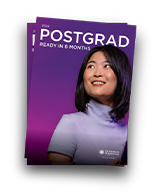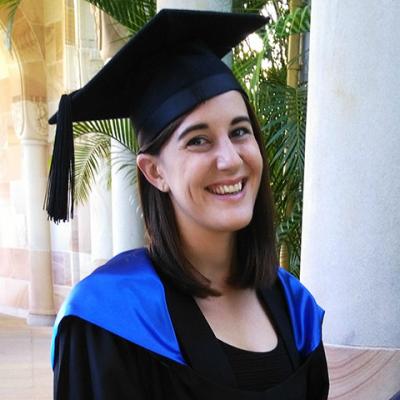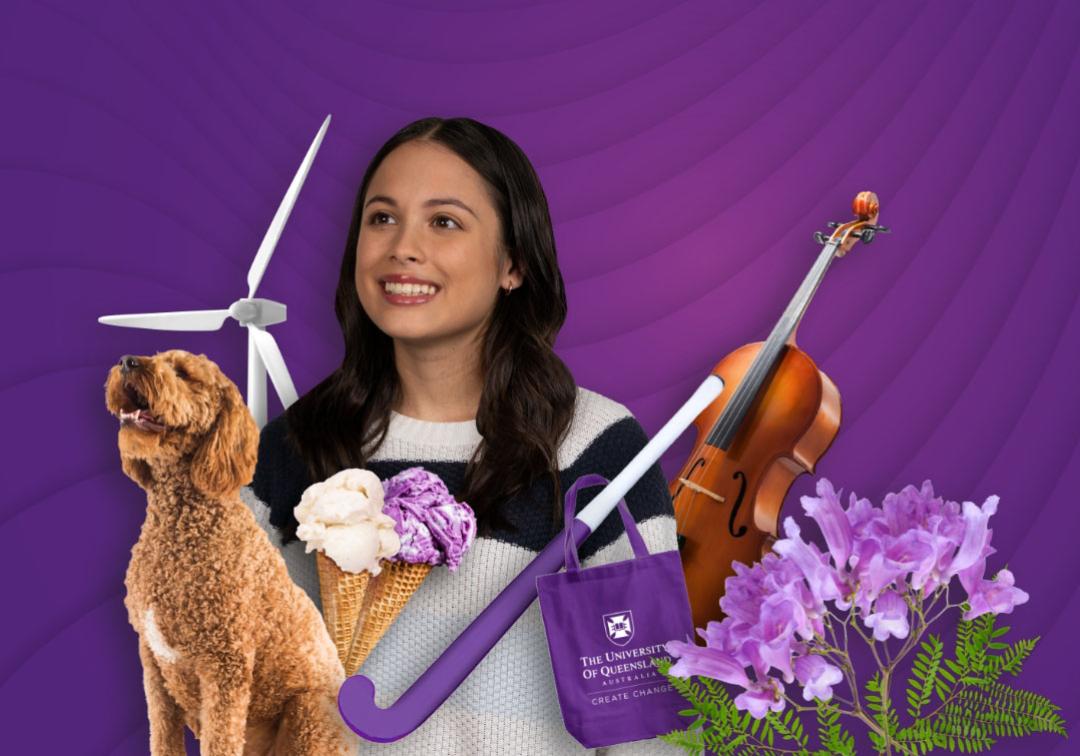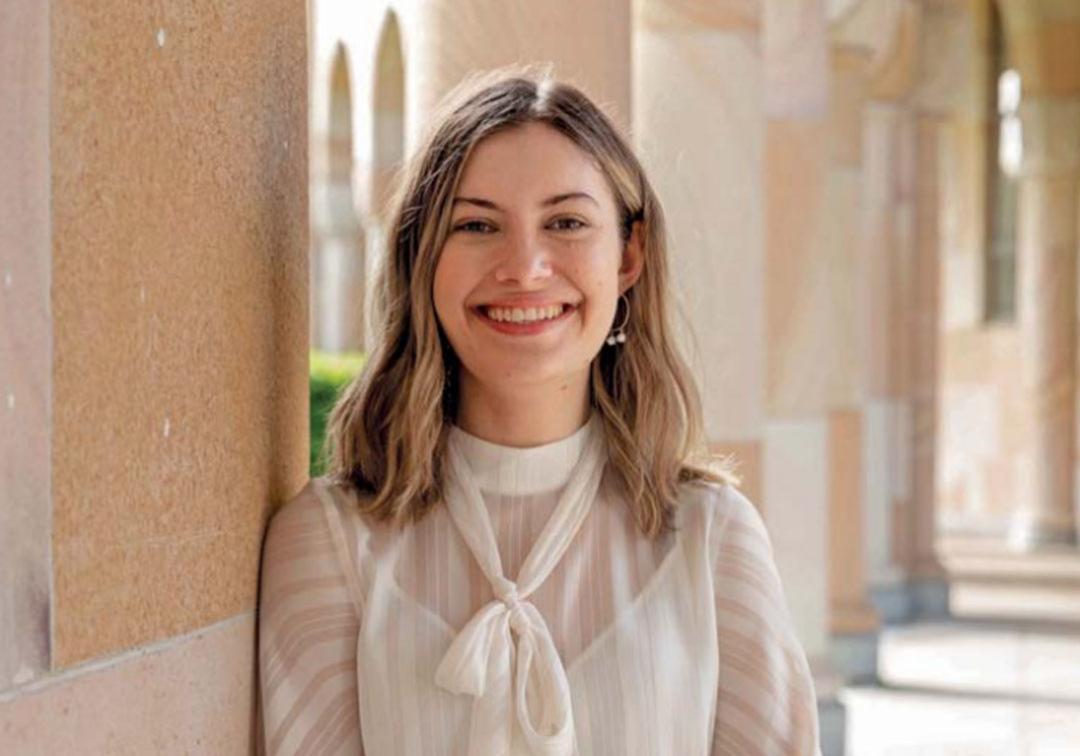
Master of International Relations
Overview
Gain an advanced understanding of the key issues in world politics, international security, foreign affairs and international and regional governance.
The Master of International Relations (MIR) is a coursework program aimed at developing conceptual and empirical understanding and skill-sets in research and knowledge in international relations (IR). You'll work with world-class teachers and researchers who are in touch with industry partners and participate in regular public commentary and debate in their fields. You'll also study alongside students from many different countries and backgrounds.
The program builds on a core of nearly 40 courses and projects covering the main elements of IR, including fields such as IR of the Asia-Pacific Region, Foreign Policy and Diplomacy, Ethics and Human Rights, and Globalisation, International Political Economy and Development. You may also include an optional applied fieldwork experience or research thesis in your program and/or participate in the Graduate Centre Mentorship Program.
UQ’s Master of International Relations will equip you with the analytical and practical skills for a career in diplomacy, government, think-tanks, non-governmental organisations, the UN, international journalism, or development.
Program highlights
- Select from a diverse spectrum of courses.
- Study with students from a range of countries and backgrounds.
- Choose to include a fieldwork experience or research thesis, and participate in the Graduate Centre Mentorship Program.
- Develop the necessary skills for a rewarding career in government or non-government sectors.
How you'll learn
Your learning experiences are designed to best suit the learning outcomes of the courses you choose.
- Lectures
- Tutorials
- Overseas study
- Research experience
What you'll study
At UQ, degrees are called 'programs' and subjects are called 'courses'. Here's a sample of the courses you could study in this program:
- Writing Politics
- Globalisation, International Political Economy and Development
- Foundations in Politics, Policy and International Relations
- International Security
Dual programs
Double your skills and your opportunities with a dual degree. You can study the Master of International Relations as a part of these dual programs:
Career possibilities
Postgraduate study can take you anywhere. Here are some of the careers you could be on your way to:
- Asia-Pacific international relations adviser
- International aid coordinator
- Policy and advocacy adviser
- Policy officer
- Human rights advocate
- Overseas development manager
- International aid coordinator
- Foreign correspondent
- Ministerial officer
- International law associate
Events
See all events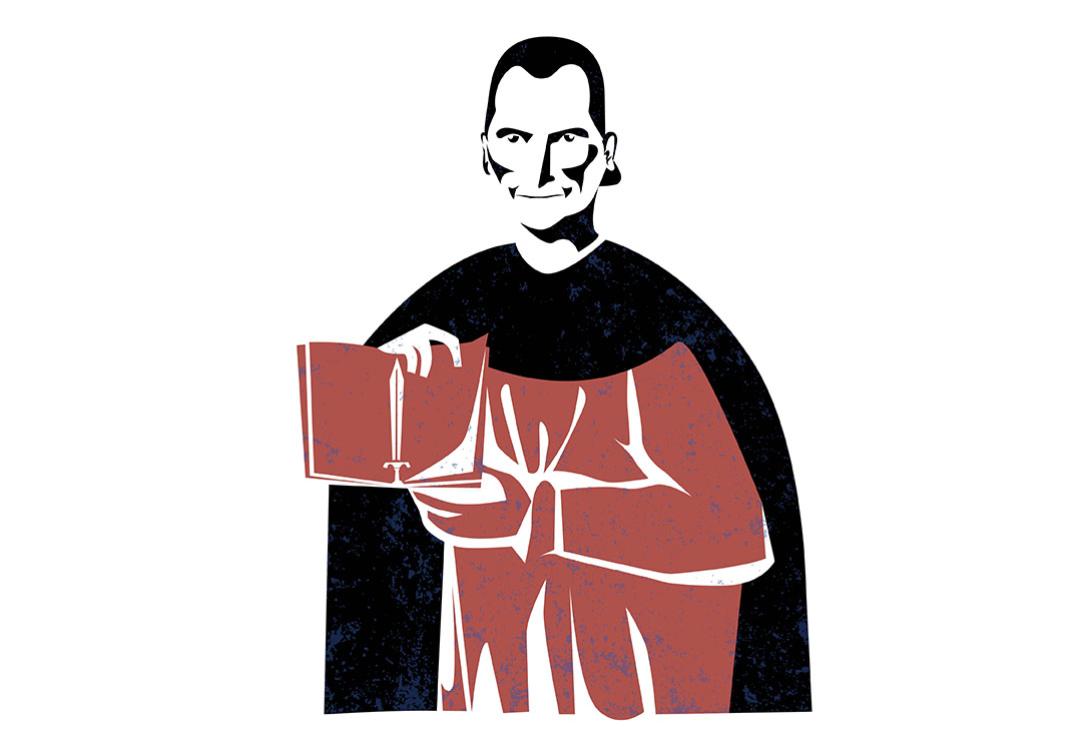
24 June - 26 June
How (Not) to Rule the World: Power, Politics, and Machiavelli’s Renaissance
Stories
See all stories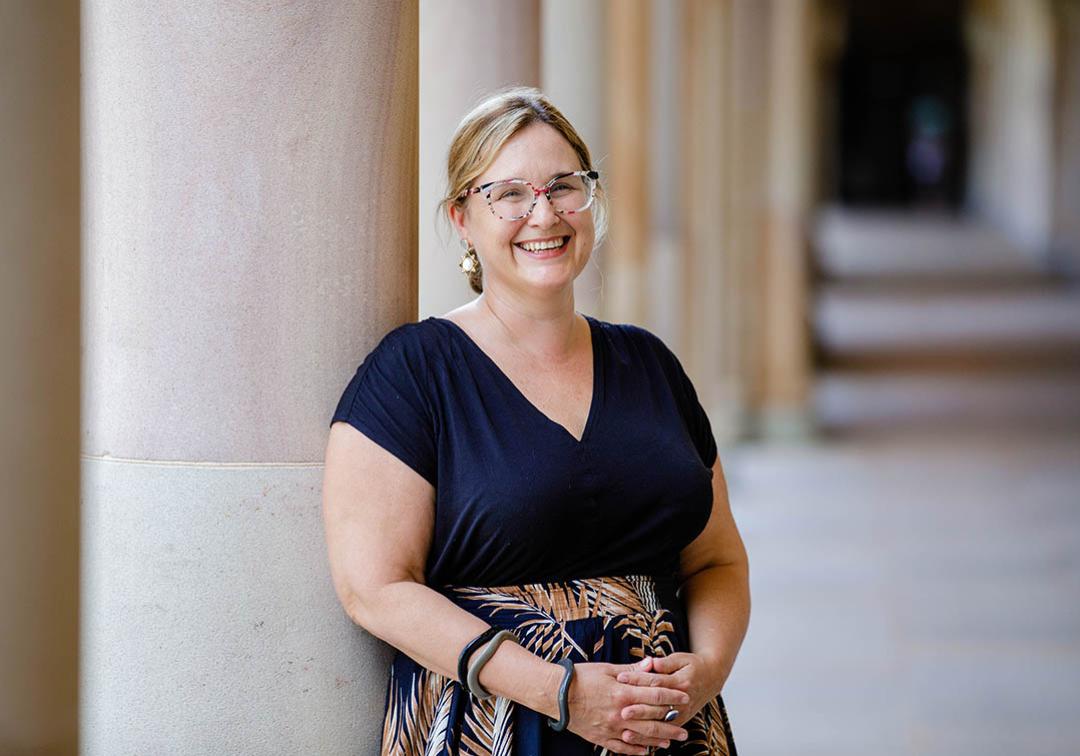
UQ people
Meet the expert: exploring museology with Dr Caroline Wilson-Barnao
Stories
See all stories
UQ people
Meet the expert: exploring museology with Dr Caroline Wilson-Barnao
Entry requirements
Entry requirements
It's possible to complete this degree in 2 years, 1.5 years or 1 year depending on your qualifications and experience.
You can apply for any duration as long as you meet the entry requirements. You may also be eligible to apply for credit or exemptions to shorten your degree further. You'll graduate with the same qualification no matter how long you take to complete the degree.
2-year degree (32 units of study)
To be eligible to complete the degree in 2 years full-time (or part-time equivalent)full-time (only available as full-time study), you'll need:
- a bachelor's degree (or equivalent) in any discipline, or
- to have successfully completed 3 years of study towards an approved qualification at an overseas partner institution that has a formal pathway to the Master of International Relations (2-year duration).
You must have a grade point average (GPA) of 5.0 on a 7-point scale in your previous qualification.
1.5-year degree (24 units of study)
If you have relevant prior learning or experience, you can reduce the number of courses you need to complete and graduate in less time.
To be eligible to complete the degree in 1.5 years full-time (or part-time equivalent)full-time (only available as full-time study), you'll need:
- a bachelor's degree (or equivalent) in a relevant discipline (see below), with a GPA of 5.0, or
- a bachelor's degree (or equivalent) in any discipline, and to have successfully completed the Graduate Certificate in International Relations from UQ, with a GPA of 4.0, or
- a bachelor's degree in any discipline with a GPA of 5.0, plus 3 years full-time equivalent, relevant work experience (see below) with documented evidence (such as references).
The listed grade point averages (GPA) are on a 7-point scale.
Applications based on work experience will be individually assessed.
1-year degree (16 units of study)
If you have relevant prior learning or experience, you can reduce the number of courses you need to complete and graduate in less time.
To be eligible to complete the degree in 1 year full-time (or part-time equivalent)full-time (only available as full-time study), you'll need:
- a bachelor honours degree (or equivalent)* in a relevant discipline (see below) with a GPA of 5.0, or
- a bachelor's degree (or equivalent) in a relevant discipline, and to have successfully completed the Graduate Certificate in International Relations from UQ, with a GPA of 4.0.
The listed grade point averages (GPA) are on a 7-point scale.
*You must have completed a substantial research project in your Honours degree equivalent to at least one semester of full-time study (or part-time equivalent).
Relevant disciplines for previous qualifications
Relevant disciplines include peace and conflict studies, international relations, history, political science, sociology, cultural studies, economics or political economy, anthropology, ethnography or law.
You must have completed at least a major, field of study, or approximately 30% of program content in the discipline, including a mix of introductory and advanced courses.
Relevant work experience
Relevant work experience may be paid or voluntary and includes work:
- in planning, management and/or implementation of international policy and/or governance initiatives, including work for international organisations, non-governmental organisations, government agencies, social movements, and the international business community, and
- a demonstration of basic computer literacy, research and writing skills, and the ability to work collaboratively.
Evidence of relevant work experience should include a letter from your employer (and/or previous employers) stating the following:
- That you work (or worked) within the specified organisation
- The nature of your work, including any relevant duties and responsibilities
- The length of time that you worked there (i.e. 3 years)
- Whether your employment was full-time, part-time* or casual*.
*if you worked part-time or casual, please list the average number of hours worked per week.
Related programs
Depending on your previous qualifications and current goals, you might want to consider
one of these related programs:
English language requirements
IELTS overall 6.5; reading 6; writing 6; speaking 6; listening 6. For other English Language Proficiency Tests and Scores approved for UQ
TOEFL iBT (including Paper Edition) - Overall 87, listening 19, reading 19, writing 21 and speaking 19.
PTE Academic - Overall Score of 64 and 60 in all sub bands.
BE - A minimum overall grade of 4 plus a minimum grade of C in all macro skills.
CES - Overall 176 and 169 in all sub bands.
OET is not accepted.
There are other ways to meet the English language requirements. For some programs, additional conditions apply.
Student visas
International students who are accepted into full-time study in the Master of International Relations are eligible to apply for an Australian student visa (subclass 500).
There are a number of requirements you must satisfy before a visa is granted, including the Genuine Student (GS) requirement.
Fees and Scholarships
Indicative annual fee
Approximate yearly cost of tuition (16 units). Your fees will vary according to your study load. Fees are reviewed each year and may increase.
$28,000
2024
$28,000
2024
Approximate yearly cost of full-time tuition (16 units). Your fees will vary according to your study load. Fees are reviewed each year and may increase.
AUD $41,120
2024
AUD $41,120
2024
Government assistance
Financial aid
As an international student, you might be eligible for financial aid – either from your home country, or from the Australian Government.
FEE-HELP
Domestic students who are accepted into the Master of International Relations pay tuition fees.
FEE-HELP is an Australian Government loan scheme to assist eligible students with the cost of their tuition fees.
Centrelink support
The Australian Government offers a number of income-support payments to eligible Australian university students.
Scholarships
You may be eligible for more than 100 scholarships, including:
How to apply
Applying online
All international applications should be submitted to UQ. If you prefer, you can use an approved UQ agent in your country.
The program code for the Master of International Relations is 5641.
This program is available in multiple durations. You can apply for any duration as long as you meet the entry requirements.
When you apply, select your preferred duration. If you don't meet the requirements for your first preference, we'll automatically consider you for entry into a longer duration.
Find out more about applying for postgraduate coursework study
Applying online
All domestic applications should be submitted to UQ.
The program code for the Master of International Relations is 5641.
This program is available in multiple durations. You can apply for any duration as long as you meet the entry requirements.
When you apply, select your preferred duration. You can also ask us to consider you for a longer duration if you don't meet the entry requirements for your first preference.
Find out more about applying for postgraduate coursework study
Important dates
The closing date for this program is:
- To commence study in semester 2 - May 31 of the year of commencement.
- To commence study in semester 1 - November 30 of the previous year.
To learn more about UQ dates, including semester start dates, view the Academic Calendar.
Important dates
The closing date for this program is:
- To commence study in Semester 1 - January 31 of the year of commencement.
- To commence study in Semester 2 - June 30 of the year of commencement.
To learn more about UQ dates, including semester start dates, view the Academic Calendar.
Aboriginal and Torres Strait Islander applicants
For support with applying – or if you have any questions about university life – get in touch with our Aboriginal and Torres Strait Islander Studies Unit.
Explore other programs
Express yourself. And your interest.
They say choosing a degree is hard, which is why we've made it easy. Register your interest and we'll send you everything you need to know about applying to UQ.

